Following the victory of their 1027 operations against the Myanmar military in October 2023, the Three Brotherhood Alliance (3BHA), which comprises the Arakan Army (AA), the Myanmar National Democratic Alliance Army (MNDAA), and the Ta’ang National Liberation Army (TNLA), endeavored to establish their governance in the recently seized territories.
Nevertheless, the strategies by which these groups, particularly the MNDAA and TNLA, implemented actions to govern ethnically and culturally diverse communities have been harshly criticized. For example, the TNLA issued a directive prohibiting Kachin children and adolescents from attending Kachin schools. The signboards containing Shan language text were demolished by TNLA soldiers and substituted with those featuring the Ta’ang language in multiple cities located in the northern region of Shan State. In a comparable fashion, the MNDAA acquired by coercion the land of local peoples, mainly Shan and Kachin.
Additionally, other ethnic armed organizations (EAOs), namely the Kachin Independence Army (KIA) and the Shan State Progress Party/Shan State Army (SSPP/SSA) active in the regions captured by the 3BHA have been compelled to withdraw.
The 3BHA’s activities, specifically the MNDAA and TNLA, indicate that by employing suppression methods, they could be elevated from non-state actors to statesmen. However, their action is an excessively ambitious endeavor.
These groups hold the belief that by capturing territories, they have attained absolute power and the ability to enact whatever policies they desire. However, this is a wrong attitude and they have not realized that in many cases even the legitimate authorized stakeholders are unable to administrate their governing system.
The MNDA and TNLA are illegitimate entities, therefore, their use to govern the newly captured territories is ridiculous.
If they or any other groups intend to establish their administrations, a number of considerations must be made: transitioning from military to political rule; adhering to the rule of law; fostering economic sector development; governing in accordance with an inclusive principle; ensuring population security and stability; respecting human rights and dignity; and fostering unity among all ethnic groups while bolstering diplomatic relations with the region and the international community.
This attribute is indicative of a leader, should a group aspire to govern. Nevertheless, this kind of ruling system has never occurred in Myanmar.
Therefore, in the absence of adherence to the aforementioned principles, every group will inevitably encounter challenges and ultimately disintegrate.
Specifically, the current situation in northern Shan State where some groups attempt to govern a diverse-ethnic community with nationalist ideology by defending the identities and traditions of one’s own people and culture while eradicating those of others would inevitably result in ceaseless conflict and violence.
Thus, every group must strengthen the upholding of human rights and work toward a society with greater justice if it is to coexist harmoniously.





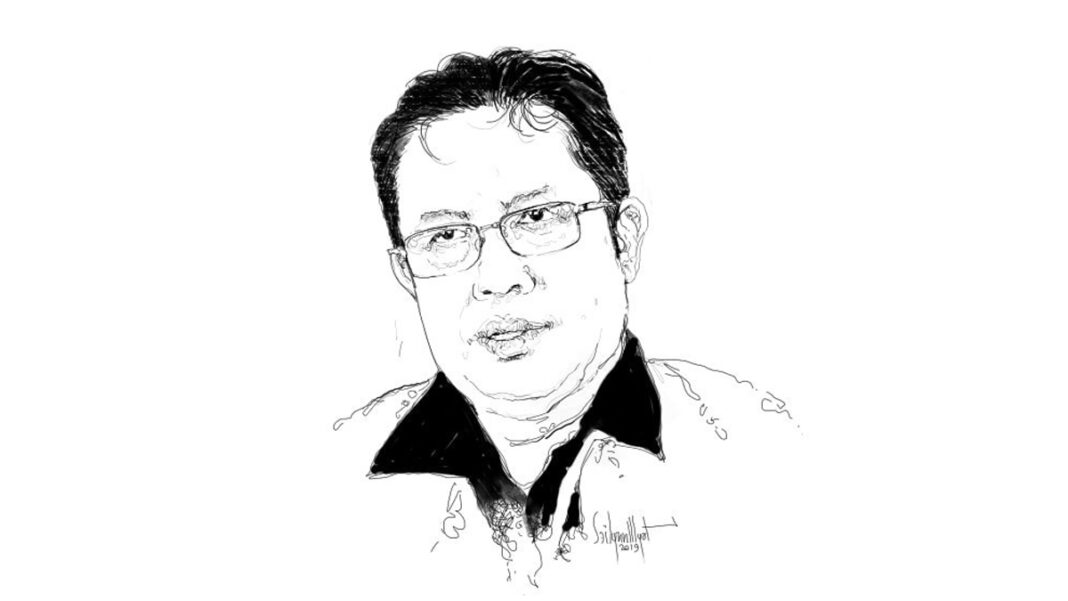
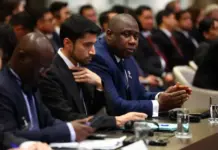
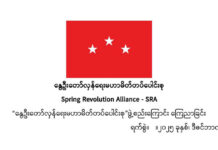
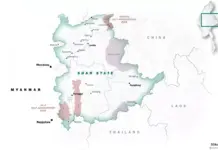
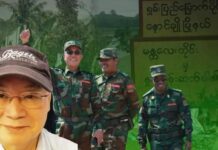
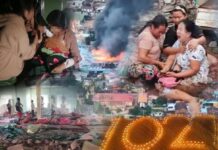




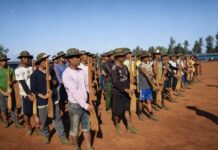

Leave a Comments